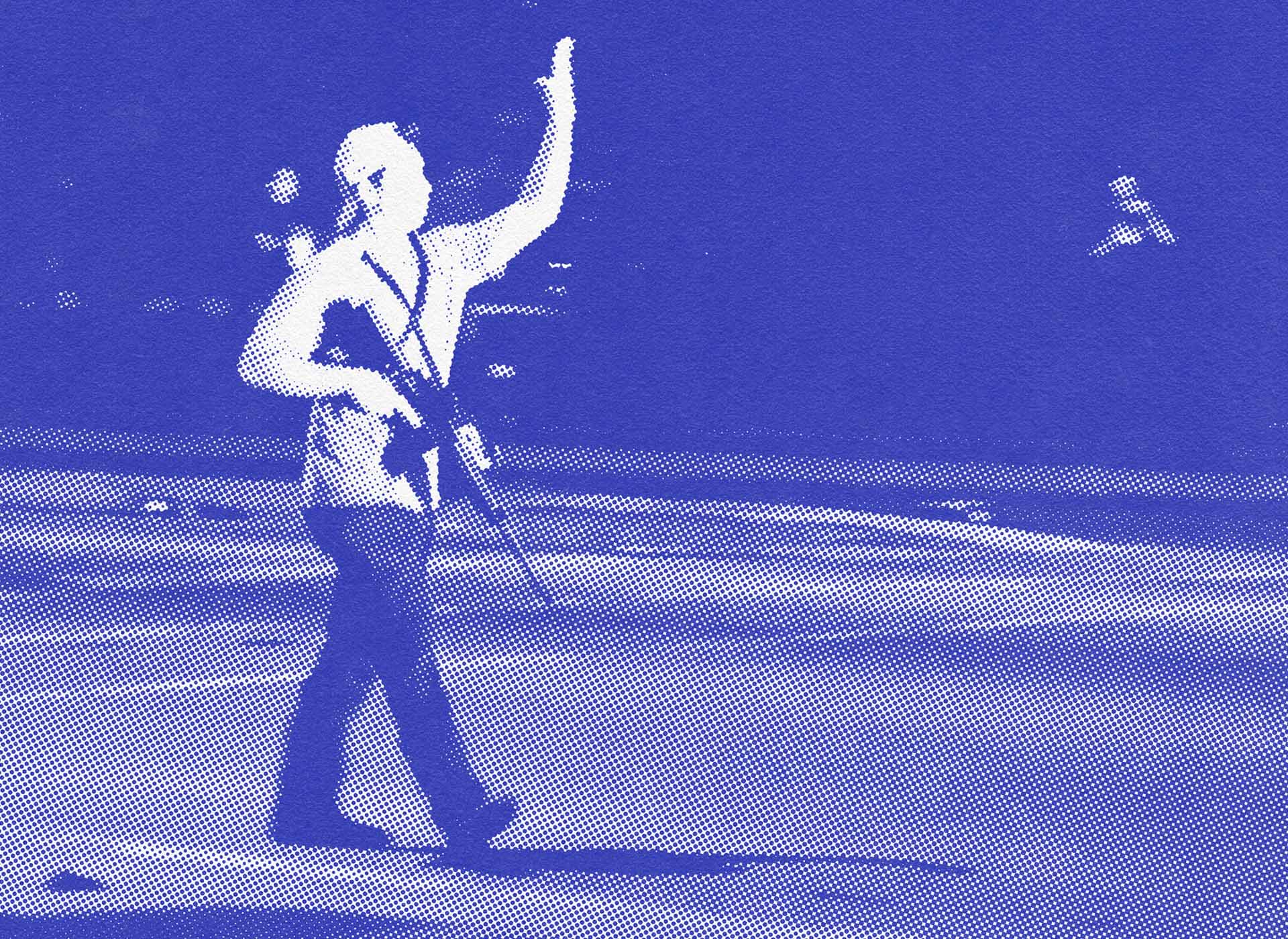
The Commotion in Kenosha
The Second Amendment stands trial in the case of Kyle Rittenhouse
Kyle Rittenhouse will stand trial next week for the shooting of three men in Kenosha, Wisconsin in the midst of rioting following the police shooting of Jacob Blake in August 2020. Rittenhouse, carrying an AR-15 and in the city to protect businesses from looting and destruction, got involved in two altercations that resulted in two deaths and one injury.
One of those killed, Joseph Rosenbaum, was a convicted sex offender who had been charged with 11 counts of child molestation which begs the joke, "Throw a rock at an Antifa rally and odds are you'll hit a pedophile."
The case rests on whether or not Rittenhouse was acting in self-defense (he was), and prosecutors must prove that he acted with "utter disregard for human life" (he didn't) in order for the charges of first-degree homicide to stick. There's footage galore of the incident that you can review for yourself with a simple Google search if you are so inclined.
News outlets of a particular persuasion have had a hard time understanding why Rittenhouse carried a gun in the first place. As an English friend once told me, "In England, you only have to worry about a thief carrying a knife. In America, he's probably got a gun." Pretty simple. Surrounded by wild and aggressive political enemies—some of whom are probably armed—burning and looting buildings indiscriminately? You'd be stupid not to carry a gun.
Of particular interest to those same outlets trying to build a case against the 18-year-old Rittenhouse is the judge's invocation of a longstanding rule in his courtroom that the word "victims" not be used to refer to those killed or injured. Jurors can, however, refer to them as "looters" or "rioters" if the Rittenhouse side can prove they participated in these rituals. Victims of their own stupidity might be the most accurate designation, but I digress.
At stake here are the rights enshrined by the Second Amendment. After all, what good is the "right to bear arms" if one cannot use said arms in his own defense as Rittenhouse did? Encouragingly, it appears that the court will rule in his favor.
